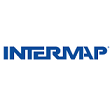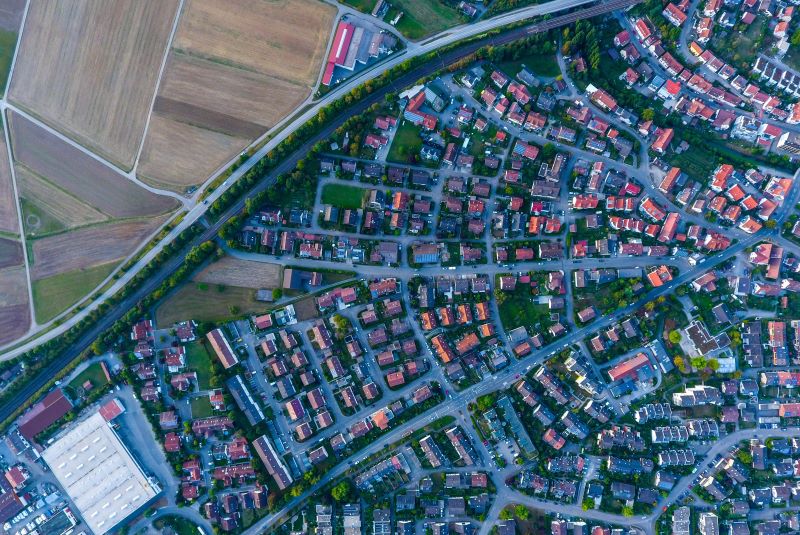Intermap Technologies receives expanded US government task order
 Denver, CO-based Intermap Technologies Corporation announced on September 11 that the company has been awarded a $3.3 million expansion to its original 2017 task order for geospatial infrastructure services, previously announced on May 25, 2017. The customers’ 3-D digital elevation model (DEM) will be upgraded with new void-free collection, provisioning, and editing of elevation and image layers into a contiguous, wide area, high resolution geospatial foundation.
Denver, CO-based Intermap Technologies Corporation announced on September 11 that the company has been awarded a $3.3 million expansion to its original 2017 task order for geospatial infrastructure services, previously announced on May 25, 2017. The customers’ 3-D digital elevation model (DEM) will be upgraded with new void-free collection, provisioning, and editing of elevation and image layers into a contiguous, wide area, high resolution geospatial foundation.
Intermap is using its proprietary airborne sensor technology and advanced processing platform to deliver new void-free baseline 3-D elevation models and imagery, including fully edited and orthorectified bare-earth digital terrain models (DTMs), Digital Surface Models (DSM), radar imagery (ORI), and detailed hydrology. Additional deliverables include detailed project reports and in-depth accuracy assessments. All the work is completed using ISO:9001 certified processes, with trained personnel and comprehensive Quality Management, ensuring accuracy and consistency.
Upon completion of its current task order, Intermap will have delivered, to the U.S. government, upgraded geospatial 3-D infrastructure covering more than one million square kilometers (1,000,000 sq. km).
“Intermap has a long history of providing services to the U.S. Government,” commented Patrick Blott, Intermap chairman and CEO. “By repeatedly exceeding contract specifications, and delivering on-time, and on-budget, this program has grown to more than $25 million since the first $2.2 million task order was awarded in 2010.”
This new dataset will be used for improved disaster planning, resource management, security interests, and infrastructure planning. This foundation data may be used to support: photogrammetric mapping; aero triangulation; orthophotography; thematic mapping; geographic information systems development; surveying and control acquisition; image manipulation, analysis, and interpretation; map digitizing; data manipulations; ancillary data acquisition; metadata production and revision; and the production or revision of geospatial products.
Source: Intermap Technologies








